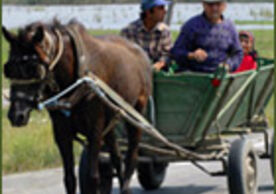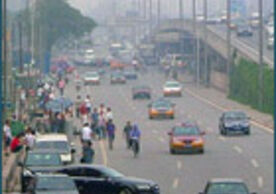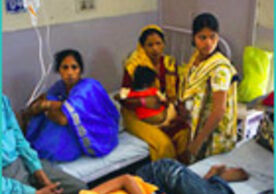Since human migrations began, germs have traveled with people, animals and traded goods. In an interconnected and mobile world, diseases such as HIV/AIDS and SARS can spread rapidly. Yet international cooperation through agencies such as the World Health Organization also allows for a collective response to global health threats and faster response times. Nations have developed diverse health care systems, aiming for cost-effective treatment. Yet the diverse systems contribute to disparities in global health, including availability of technology, pharmaceutical companies targeting innovations to maximize profits, and providers abandoning areas of need for higher salaries in the West, just to name a few.




